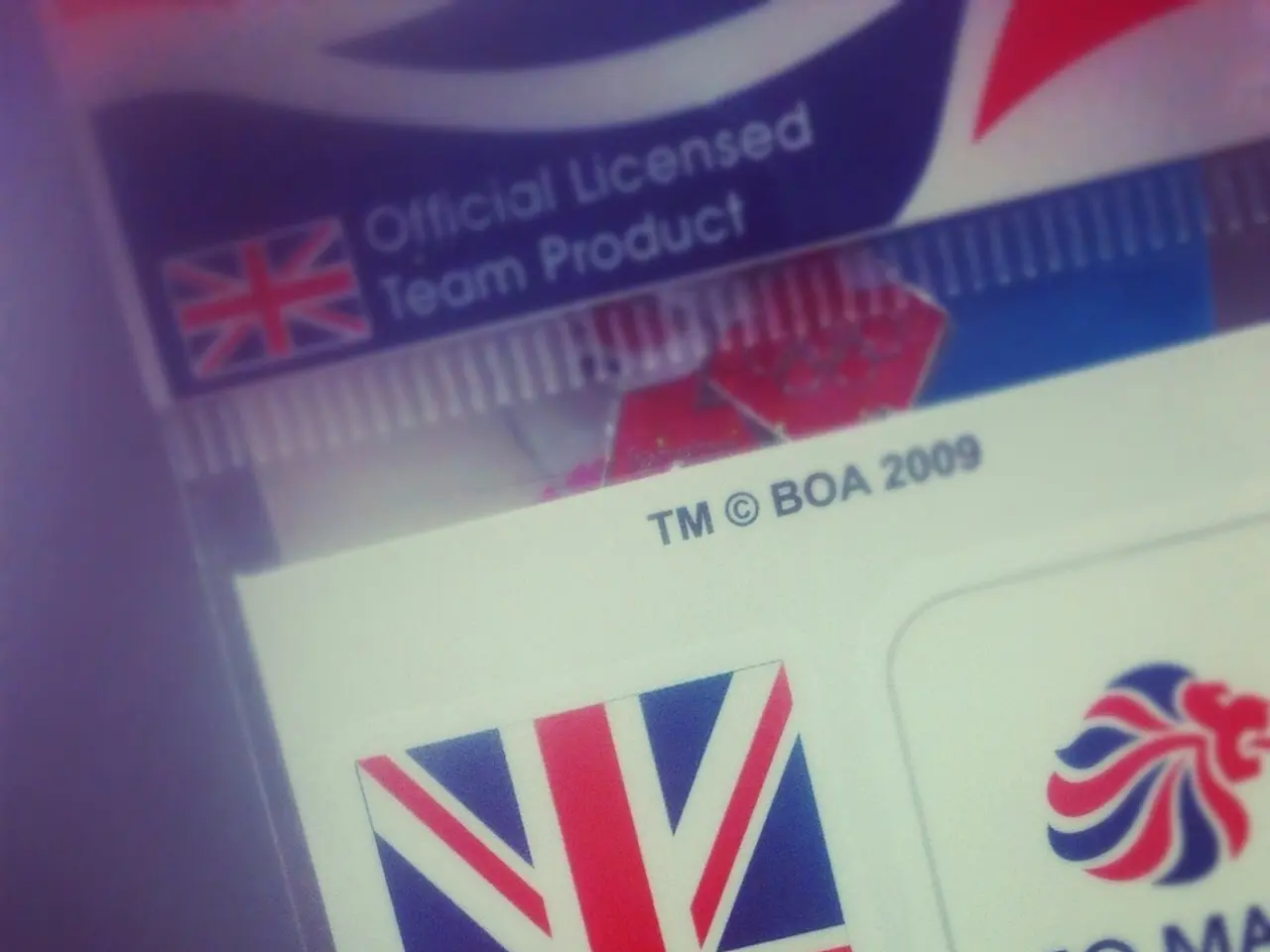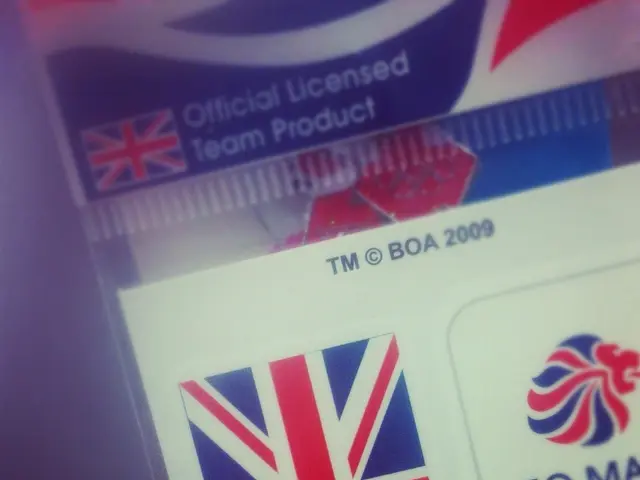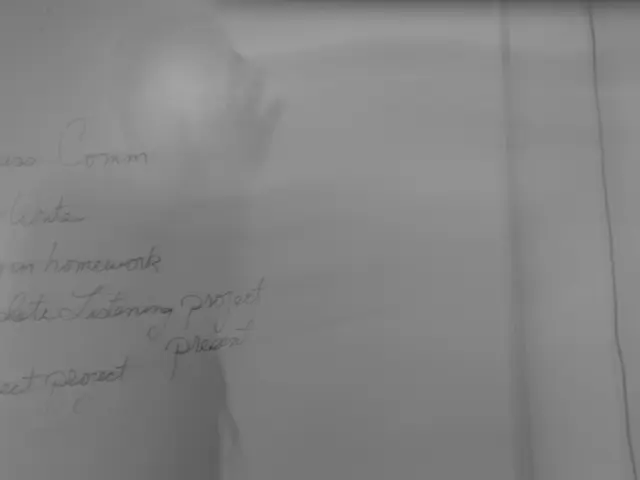Exploring the Function and Significance of the World Intellectual Property Organization
The World Intellectual Property Organization (WIPO) is at the forefront of shaping and guiding patent law on a global scale. Established in 1967, WIPO emerged as a response to the growing need for international cooperation in intellectual property protection.
WIPO's primary focus is on global patent law harmonization, fostering international cooperation, and implementing initiatives to accelerate and streamline patent examination and protection processes. Its recent and future trends revolve around improving patent grant procedures, addressing challenges posed by emerging technologies, and refining patent litigation frameworks.
Key recent initiatives include the Joint Statement on Accelerating Patent Grants, which supports a bilateral agreement between the UAE and the US Patent and Trademark Office (USPTO) to fast-track patent grants for Emirati applications. WIPO is also involved in enhancing the Patent Prosecution Highway (PPH) through initiatives like PPH eXtra, which aims to improve predictability and speed up patent examination times.
Moreover, WIPO is refining the Patent Cooperation Treaty (PCT) system, a crucial mechanism that allows inventors to file a single international patent application for multiple countries. This includes enhancements to the quality and accessibility of international search reports and written opinions, helping applicants make better-informed decisions on entering national phases.
Looking ahead, WIPO aims to harmonize patent laws across jurisdictions, address emerging technological challenges, support regional integration, and encourage more IP Offices worldwide to adopt speed and transparency initiatives. The organization is poised to confront future trends involving digital technologies, international patent procurement, access to medicines and public health, and environmental sustainability.
In essence, WIPO's recent and future efforts shape global patent law by streamlining procedures, enhancing cooperation between IP offices, promoting harmonization, and adapting to new technological landscapes to support inventors and innovation worldwide. The organization plays a significant role in combating counterfeit goods through anti-counterfeiting measures and provides expertise in drafting comprehensive patent laws for member states.
However, WIPO faces challenges in balancing innovation with access, particularly in developing countries. To address this, WIPO conducts training sessions and workshops for law enforcement officials, customs authorities, and businesses to educate them about anti-counterfeiting practices. Furthermore, WIPO promotes the dissemination of best practices in patent legislation to ensure that nations are equipped to adapt to evolving technological advancements and challenges.
In summary, WIPO, as the international hub for patent policy development and implementation, is committed to fostering a balanced intellectual property system, promoting innovation and creativity, and ensuring equitable access to patented technologies, contributing to a balance between fostering innovation and ensuring public welfare.
[1] World Intellectual Property Organization (WIPO). (2021). Joint Statement on Accelerating Patent Grants
[2] World Intellectual Property Organization (WIPO). (2021). Standing Committee on the Law of Patents (SCP)
[3] World Intellectual Property Organization (WIPO). (2021). Patent Prosecution Highway (PPH)
[4] World Intellectual Property Organization (WIPO). (2021). Patent Cooperation Treaty (PCT)
[5] World Intellectual Property Organization (WIPO). (2021). Standard Essential Patents (SEPs)
- The Joint Statement on Accelerating Patent Grants, an initiative by the World Intellectual Property Organization (WIPO), supports a bilateral agreement between the UAE and the US Patent and Trademark Office (USPTO) to expedite patent grants for Emirati applications, emphasizing the importance of finance and technology in streamlining patent examination processes.
- WIPO is also engaged in enhancing the Patent Prosecution Highway (PPH), a mechanism that aims to accelerate patent examination times, and has introduced initiatives like PPH eXtra for greater predictability and speed in education-and-self-development and science fields.
- To ensure medical-conditions and public health are respected within the framework of intellectual property rights, WIPO promotes the dissemination of best practices in patent legislation, particularly focusing on issues related to access and counterfeit goods.




